Search
Did you mean: Ino?
Search Results
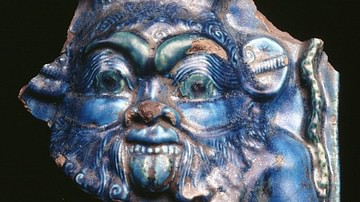
Definition
Bes
Bes is the ancient Egyptian god of childbirth, fertility, sexuality, humor, and war, but served primarily as a protector god of pregnant women and children. He is regularly depicted as a dwarf with large ears, long-haired and bearded, with...
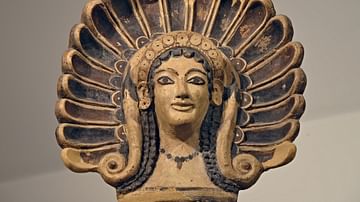
Definition
Veii
Veii (modern name: Isola Farnese, in Etruscan: Vei), was an important Etruscan town located near the west coast of central Italy. Lying just 16 km north of Rome, it was the most southerly of the major Etrurian settlements. The prosperity...
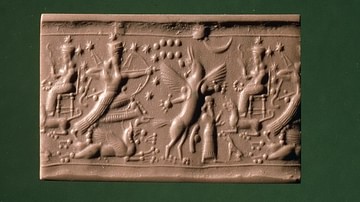
Image
Cylinder Seal with Ninurta
Grey or brown chalcedony cylinder seal in the modelled style; a bearded god (Ninurta), wearing a square, star-topped, horned head-dress and a vertically striated, tiered, fringed open robe over a fringed kilt, with a star-tipped crossed bow-cases...
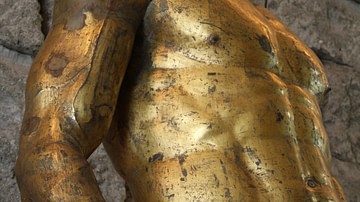
Article
The Life of Hercules in Myth & Legend
Hercules is the Roman name for the Greek hero Herakles, the most popular figure from ancient Greek mythology. Hercules was the son of Zeus, king of the gods, and the mortal woman Alcmene. Zeus, who was always chasing one woman or another...
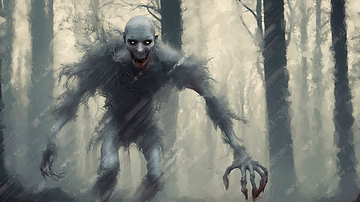
Article
Ten Native American Legendary Creatures You Need to Know
Native American lore features many legendary creatures and supernatural entities that were understood as beneficial to humanity but just as many that posed serious threats to be avoided. These beings, although frightening, often served an...

Article
Sources of History
History (from the Greek ἱστορία, meaning 'a learning or knowing by inquiry') can be broadly taken to indicate the past in general but is usually defined as the study of the past from the point at which there were written sources onwards...
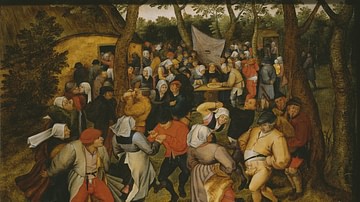
Article
Holidays in the Elizabethan Era
During the Elizabethan Era (1558-1603 CE), people of all classes greatly looked forward to the many holidays and festivals on offer throughout the year. The vast majority of public holidays were also religious commemorations, and attendance...
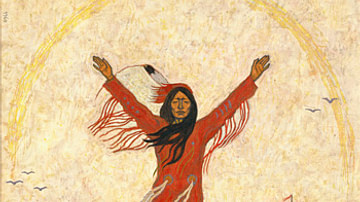
Article
Seven Sacred Rites of the Lakota Sioux
The Seven Sacred Rites of the Lakota Sioux (Seven Sacred Rites of the Lakota Oyate) are the spiritual observances of the Native American Sioux nation that maintain their relationship with the Great Mystery/Great Spirit Wakan Tanka, the creative...
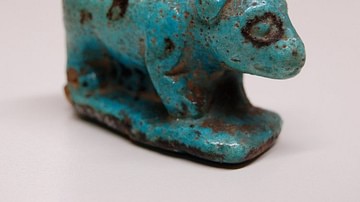
Article
Dogs in Ancient Egypt
The dog as "man's best friend" has a long history going back to the ages long before the civilization of ancient Egypt was established but the Egyptians were among the earliest people to recognize the value of the dog and show their appreciation...
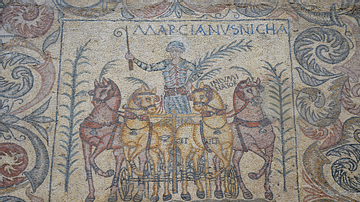
Article
Chariot Racing in Ancient Rome
Chariot racing was very big business in ancient Rome. There was a whole industry built around the factions, the four professional stables known by their team colour – Blue, Green, Red, and White –, providing all that was required for a race...